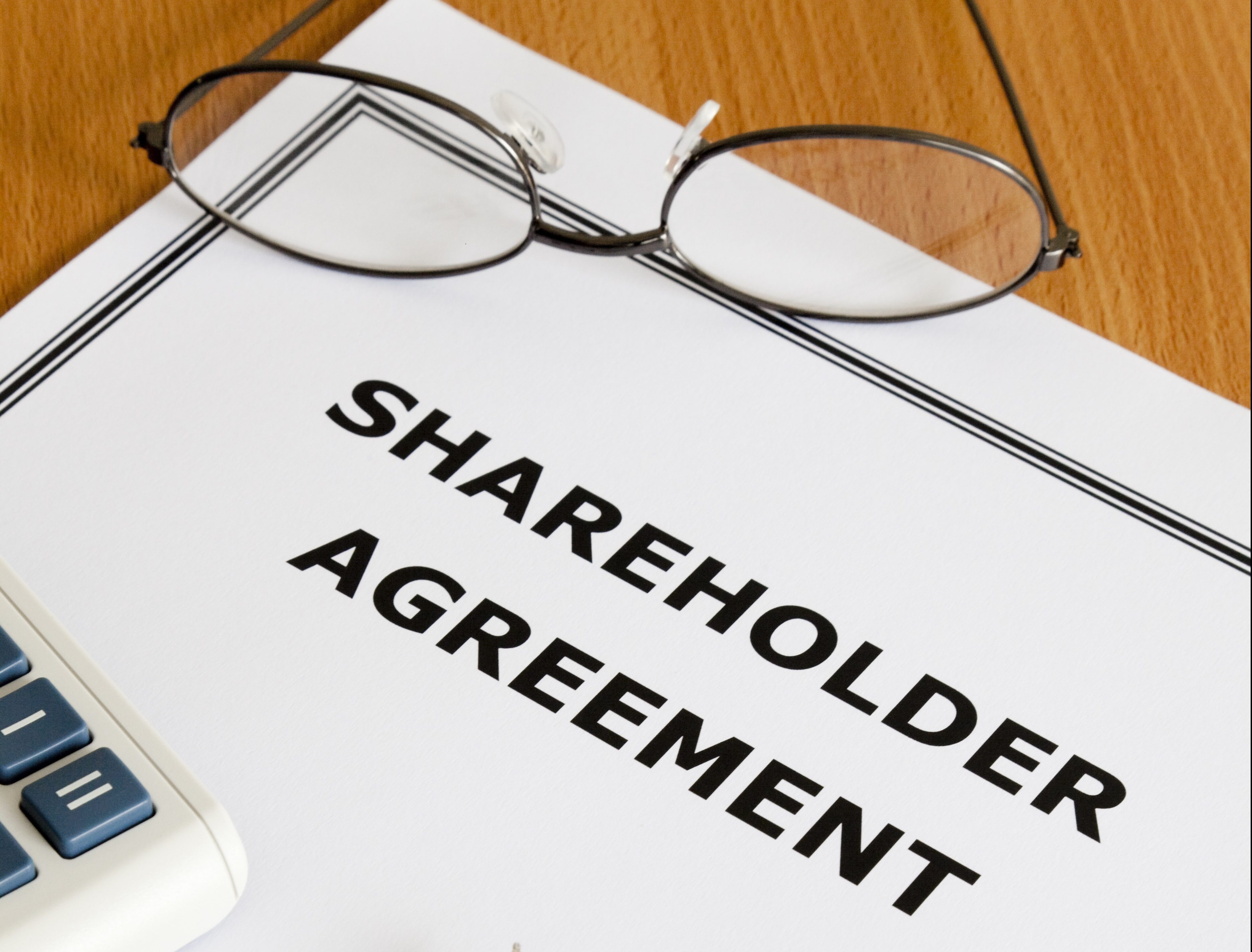31
Jan 2017
SHOULD YOU HAVE A SHAREHOLDERS AGREEMENT?
As the name suggests, a Shareholders Agreement is a written agreement between shareholders that governs the relationship between them. Whilst the Corporations Act does not require a company to have a Shareholders Agreement, it is a beneficial document for setting out the rules that the shareholders need to play by.
Ideally, a Shareholders Agreement should be prepared at the start of a business venture, when all parties are enthusiastic about the proposed business and there have been no disputes or disagreements about how the business should be operated. However, in reality, many companies do not have a Shareholders Agreement, or even know that they should have one until it’s too late. Once a dispute arises between shareholders, the chances of the shareholders agreeing to the terms of a Shareholders Agreement are next to none.
A Shareholders Agreement is designed to deal with issues that may arise in the future, with the parties agreeing how certain issues should be dealt with in the event of dispute or disagreement. One benefit of having a Shareholders Agreement is to avoid or minimise disputes that might otherwise arise, as the rules have been pre-determined by the parties.
A Shareholders Agreement covers very import matters, not just about the operation of the business itself, but management, structure and direction of the business and the company that operates the business. A Shareholders Agreement covers different issues to a company’s Constitution, which usually set out broad procedural and governance matters.
The following are just some of the key matters that can be dealt with in the Shareholders Agreements:
- Management – who will be the directors and how are they appointed? Will there be a managing director?
- Decision making – what decisions require majority, special majority or unanimous consent?
- Delegation – what authority do certain individuals have to make decisions on behalf of the company?
- Meetings – how often are directors meetings required?
- Exiting the company – how can a shareholder sell or transfer their shares? What happens if they die, become disabled or bankrupt?
- Issuing shares – when and how can new shares be issued? What rights do existing shareholders have?
- Dividends/Loans – what policies will be used to determine amounts to be paid as dividends or dealing with loan accounts?
- Retirement – what happens when someone wants to retire?
- Restraints – can the shareholders and directors set up competing businesses?
- Value – what are the shares worth? How much does a shareholder need to be paid for their shares on a sale?
- Capital – what happens if the company needs capital for growth or due to declining sales?
- Conduct – whilst directors own duties to the company, what standards of behaviour are expected of shareholders?
- Selling the business – what happens if some shareholders want to sell the business?
- Dispute resolution – what process should be adopted in the event of a dispute?
Whilst the matters contained within a Shareholders Agreement can be similar, a Shareholders Agreement must be specifically drafted for each company depending on the intentions of the parties.
If you would like further information or assistance on shareholders agreements, please contact Jarrod Ryan (jarrod@ryandurey.com), Alyce Cassettai (alyce@ryandurey.com) or Martin McCoy (martin@ryandurey.com ).
